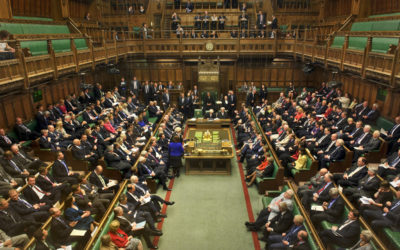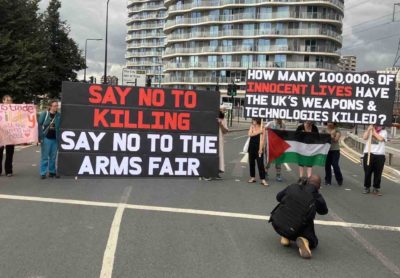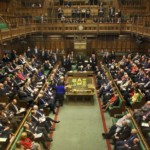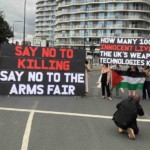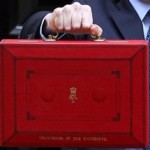On the militarisation of the European Union
Quaker Council for European Affairs
In our work on peace here in Brussels, QCEA is using the lens of militarisation to analyse the changes in the defence policy of the European Union over the last fifteen years. But, what do we mean by militarisation and why should it worry us?
In our work on peace here in Brussels, QCEA is using the lens of militarisation to analyse the changes in the defence policy of the European Union over the last fifteen years. But, what do we mean by militarisation and why should it worry us?
What is militarisation?
I understand militarisation to be the process by which the presence and the approaches of the military are made normal1. It is a complex and multifaceted process that can occur at all levels of society; both within and across state borders. The process may not necessarily have any geographical, economic, or political boundaries, and, as such, it can be hard to recognise, never mind quantify. Is education militarised if the armed forces are granted privileged access to schools and universities for recruitment? (The British government has been criticised for this). I would say it is. In the UK, the introduction of an ‘Armed Forces Day’ at which you “Show Your Support” for the military is another example of the militarisation of society. In contrast, we could describe relations between two countries as becoming or being militarised, as in the Cold War between the US and the USSR or on the Korean peninsula today. Azerbaijan’s massive increase in military spending over the last decade indicates a militarisation of the Caucasus. At first, we might find it hard to compare education policy with inter-state arms races, but the lens of militarisation shows us an important similarity in both. They are indicative of, and at the same time promote, a certain way of thinking, namely, militarism: the idea that war is inevitable and that preparing for war is thus a good thing to do.
See more: legislation & policy, military in society, European Union

